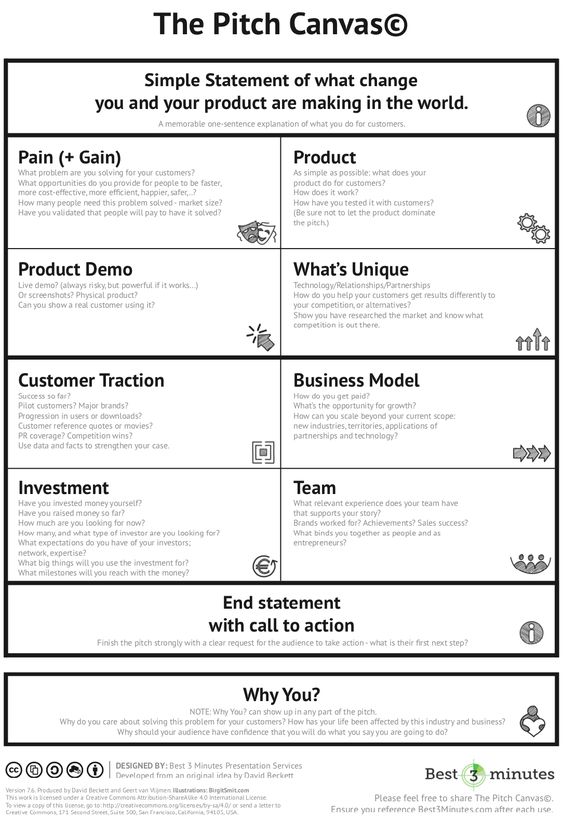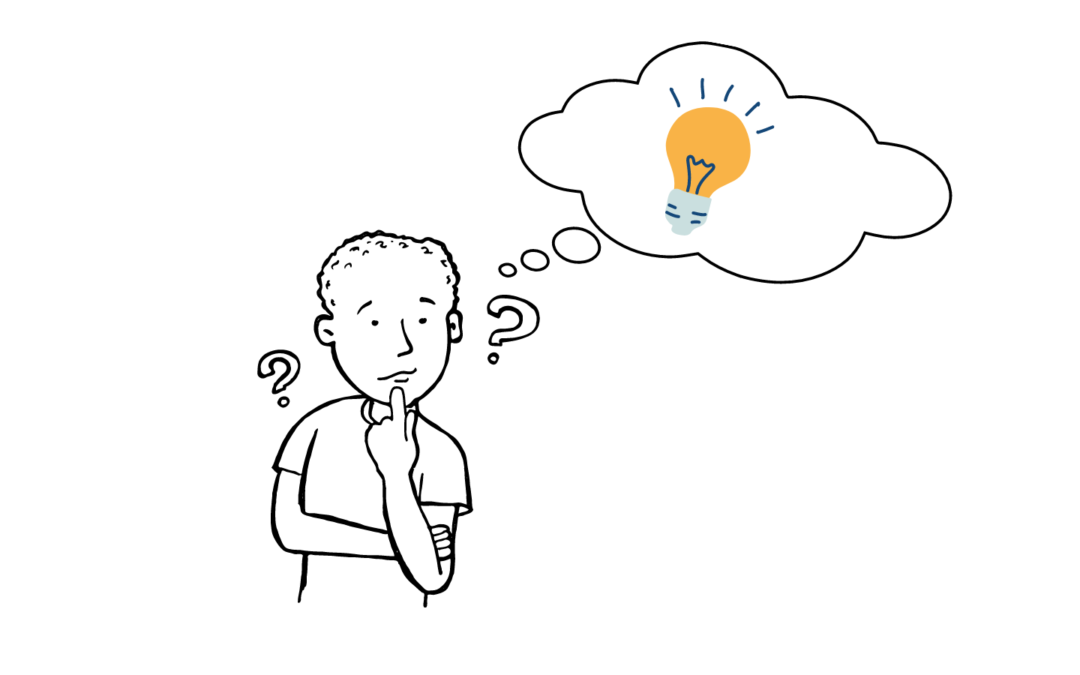Written by Priyanka Patel, Innovations Lead at Kenya Red Cross Society
Design, a word that is always associated with the imagination of a pen or a drawing, and an artistic piece. In the world of innovation, we design to apply creativity, imagination, hidden leadership skills into thinking of a solution that can change the face of a pressing challenge. Design thinking has become a trend for organisations, an approach everyone wants to adapt, yet not aware of the flexibility it requires, the complexity despite it being very simple and straight forward. A training that takes a week to deliver, but more than weeks, and months for the skills to be put to practise.
Partnerships offer room for growth
Partnerships are key for learnings and growth within the space of innovation when developing solutions. Such a partnership between Austrian Red Cross and Kenya Red Cross to facilitate Design thinking workshops for 6 countries, and 6 more branches in one country was implemented. During a time of pandemic, where travel restrictions were imposed, and humanitarian challenges saw a different rise that included gaps in hygiene and sanitation, economic challenges, health hazards, etc, designing of solutions was crucial. The 6 country representative teams were trained on virtual platform through Zoom, by 3 staff of the Kenya Red Cross Society, that comprised of an innovation officer, youth innovation officer and a lab coordinator. The module of design thinking was spread across 5 days, from Ideation to prototyping and proposal development that was part of the mentorship round after.
What do you need when facilitating a design thinking training virtually?
- An interested group of participants who commit their time voluntarily/knowingly,
- Strong internet for both trainers and trainees
- Block off the calendar for the week, completely
- Ensure the participants understand assignments and deliverables due to short timelines, and no physical accountability
- Simple content, that is easy to deliver and maintain participation
- Combine presentation mode with other forms of content delivery, such as virtual exercises, breakout rooms, random video activities to maintain attention
- Get translators if needed, very important
- Be audible, and don’t rush content
The above is some of the learnings KRCS and IOME005 (an innovation and fabrication lab of the KRCS in Lamu, Kenya) have experienced. Working with teams in different countries, with different logistic needs, and scenarios of working, it is difficult to hold anyone accountable on deliverables of a training, which is why voluntary participation is key. To ensure the skills are well received, and applied, ownership of the process, and sensitivity is key.
Challenges & Noticable Changes
The facilitation team faced challenges, where the facilitators English was fluent and speedy, for other trainees to understand, while for some trainees, they would step out during a session for other meetings/activities. During the trainings, it was important to make participants understand the terms “Innovative Thinking and developing solutions”, and how it was not about implementing projects as they have been. Some teams initially developed solutions that were no different from what they have been doing, and needed more thinking into the prototype. During virtual mentorship, teams met with mentors once to twice a week for 5 weeks until the teams were ready to submit their proposals to the skybird programme under Austrian Red Cross. Proposals were also shared with KRCS facilitators for review before submission, with great ideas!
The teams evolved from holding onto traditional ways of implementing programs, to designing solutions/projects around user needs, and applying innovative tools to ensure projects are sustainable, and well supported by innovations, either developed by the National Societies, or other external partners with the capacity.
You can find IOME005 on Twitter @iome005, on Instagram @iome005 and on our website: https://www.iome.ke/
If you wish to prototype one of your ideas, contact the I.O.Me005 team and they might be able to help.
Follow Kenya Red Cross on Twitter under @KenyaRedCross and on our website: https://www.redcross.or.ke/

At the end of the ideation bootcamp week, the participants had to pitch their ideas to an expert panel. This pitch canvas offers an orientation on how to prepare for such a pitch. Source: Best3Minutes
